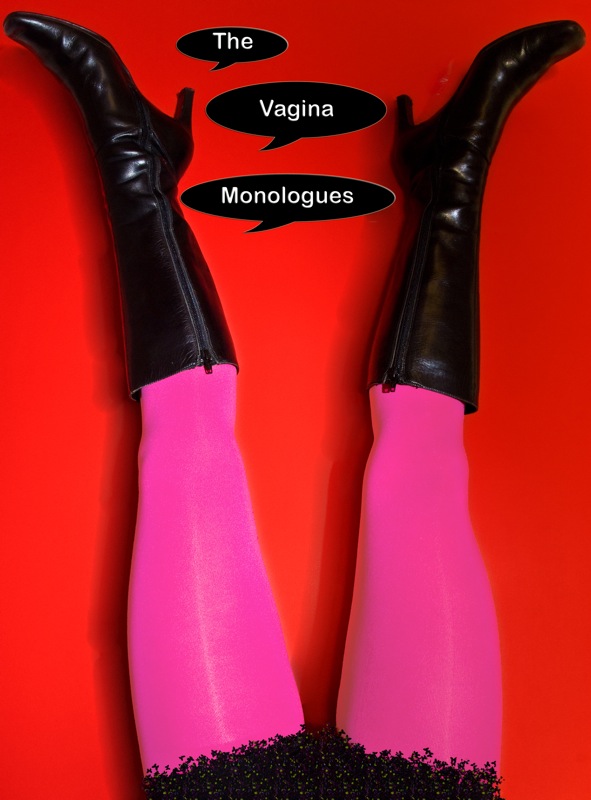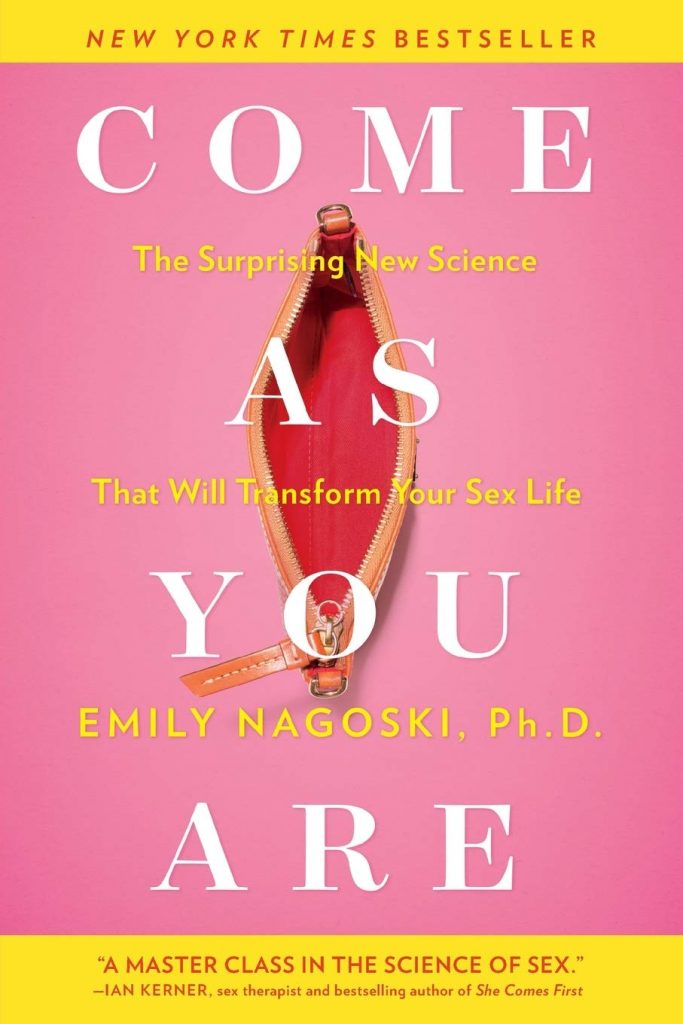Sex “Self-Help” Literature: Who Is It Helping?
by Alli Armijo // Blog Writer
Tucked between the relationship and sociology sections of every bookstore, there are usually three to four books about female anatomy, often with selectively provocative titles about genitalia. However, these aren’t medical books; rather, they’re social books meant to teach women how to have better orgasms or develop a stronger connection with their body. The themes range from reclaiming one’s own sexuality to unearthing it, making yourself both a spectacle and a spectator in your own skin. Interestingly enough, these books can also be used to help partners navigate sex, using the material as a way to learn about and understand how different bodies operate. However, there is a fine line between sex “self-help” literature as a tool for internal (and external) discovery, and said literature as a corporeal instruction manual, carrying the risk of reducing women to the function of the body assigned to their sex. In this way, sex self-help literature is inherently more charged than it claims to be. It centers around white, female bodies and leans toward performative empowerment, essentially praising the idea of learning about the female body as an afterthought to already “knowing” the male body.
To clarify, I don’t think all sex self-help books are bad. In fact, I think they are a productive way of debunking stereotypes surrounding sex, arousal, and genitalia, especially for people who may not have had a comprehensive sex education or who have, but want to learn more. However, there is something inherently colonial, and by extension, dominant, about the majority of sex-ed literature available today. The most prominent example of this dual-edged sword I can think of isn’t even a self-help book, but still is a form of literature that speaks openly and freely about female genitalia: Eve Enseler’s The Vagina Monologues (1996). This play, which aims to celebrate the vagina, has been met with pushback on several fronts, namely for perpetuating a gender binary (neglecting queer sexuality and gender expression) and conflating the association of vaginas with women, essentially claiming that women find themselves through their vaginas—a performative consciousness that tries to be sex-positive through heteronormative social ideas. This play perpetuates a very singular perspective of what it means to be a woman and express yourself as such.


To fast-forward to modern sex literature, focusing specifically on the sex “self-help” category, in books like Come As You Are (2021) by Emily Nagoski, psychology and gendered socialization are privileged as the two primary methods of sex self-help communication. Nagoski focuses on the biology of orgasm and eroticism, using rhetorical questions to underscore the misconceptions surrounding the female body. However, similarly to The Vagina Monologues, Come As You Are is only radical in its title; it offers a myopic understanding of what it means to be a woman, in terms of gender, sexuality, race, and everything in between. Both books root their messages about sexuality and the body in narratives of confidence and empowerment, echoing sentiments of second-wave feminist movements that center around white feminist assumptions of a globalized understanding of gender and sexuality.
What I mean to say is that sex self-help literature should not represent a monolith. It should be nuanced and spacious, leaving room for growth and desire as it develops and draws in an audience. Sex literature holds its own power dynamics: readers are asked to relinquish some control of their body over to someone else, usually through a lens that refuses any experience that does not fit cookie-cutter ideas of belonging. This is not to say that all sex literature is bad, or non-inclusive; however, the majority is. This majority is targeted at white, suburban female audiences, who thus perpetuate singular understandings of not only their sexuality, but the sexualities of the people around them, not leaving space for queerness, racialized difference, and anything else that might not be normative, especially in the culture of the United States.
To revisit the question above of who sex self-help literature helps, it might be more effective to turn the question around and say: If sex self-help literature is helping you, that might not be a good thing. While we can all benefit from a more comprehensive sex education, that doesn’t necessary mean that’s what we get every time we read a book with “sex” or “genitalia” in the title.
